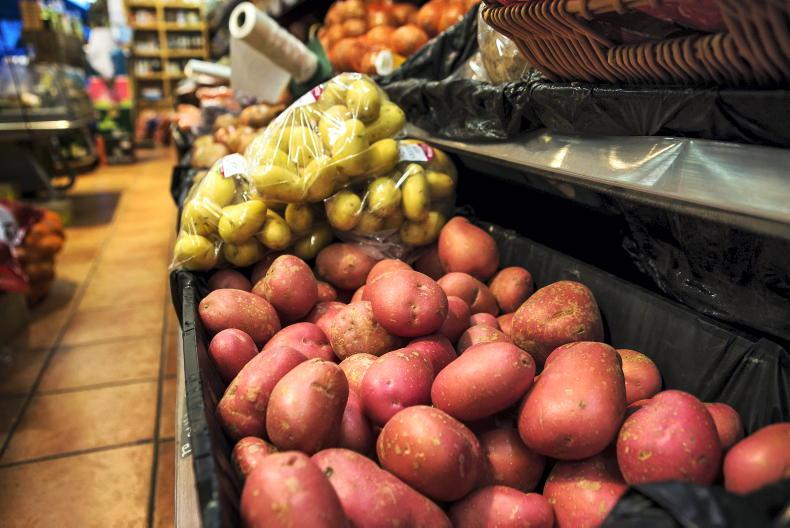A new era of sustainability is rising among a more-aware generation and "the consumer is waiting" said group CSR senior manager at Hilton Food Group Emer Fardy on this week's Teagasc Signpost webinar.
Hilton Food Group, which purchases 45,000t of Irish meat accounting for 7% of our total beef exports, was the focus of the event.
Technical and sustainability manager Seán Leahy said: "Our aim is to be the protein partner of choice for our retail partners."
"The environment and sustainability is one of five mega-trends driving consumer demand, together with convenience, health, economic uncertainty and indulgence," added Fardy.
She said that Gen Z is the world's largest generation and their spending power is growing.
They see climate change as the biggest challenge facing their generation
Gen Z is anyone currently between the ages of 10 and 25 or anyone born between 1997 and 2012.
"They are the first generation to grow up with the internet and social media, making them a very connected generation globally.
"They are open-minded and have a strong sense of social and environmental consciousness," she said.
This generation have been born into the environmental problem with sustainable habits in their DNA.
"They see climate change as the biggest challenge facing their generation," she said.
Millennials
They started the quest for a more sustainable future and they are experts in championing causes via social media.
However, she added that they also need to get personal gratification from their sustainable actions, while Gen Z do not.
Gen X
These are the parents of Gen Z and were born between 1965 and 1980.
"A generation that is used to adapting to change and changing behaviours.
"This is now focused on sustainability as their awareness and knowledge increases.
"Like the millennials, they too would like to personally benefit from the change, while also helping the planet," she said.
Baby boomers
These are the post-war generation.
She added that this generation enjoy the life that they have and would rather pay for change rather than change their lifestyle.
Consumers are more aware now of key environmental issues, such as single-use plastic and food waste.
The four key areas consumers are focusing on:
1. Reducing the amount of meat consumed due to messages on the negative impact of animal protein. Consumers are focusing more on reducing red meat in favour of plant rather than poultry and fish.
2. Reducing the amount of food waste through buying less, batch cooking and becoming more aware of when food is coming to the end of its life.
3. Consumers are aspiring to buy more local. However, often, the price premium becomes a barrier to consumers actually making the switch.
4. Reusing and recycling more, for example using reusable coffee cups.
Red meat consumption
Consumers only spend a few seconds on each purchase, Fardy said.
"It is vital that we get the sustainable message across in an efficient way. Packaging is currently the centre of the conversation.
"Bord Bia has done a great job in telling the Irish story," she said.
Fardy spoke about the perception behind eating red meat.
"As an industry, we have a bad reputation and there has been a lot of progress in overcoming it," she said.
Anecdotally, she said that her friend stopped eating beef "for no other reason but to save the environment".
However, she added that said friend had "no idea what that meant".
"We will never have carbon-neutral cattle, but we can have carbon-neutral farms... sequestration is not understood.
"That's a really complex message," she said.
This, she said, is very hard to get across to consumers on shelf edge because of how little time they spend purchasing products, which she alluded to earlier.






 This is a subscriber-only article
This is a subscriber-only article











SHARING OPTIONS: